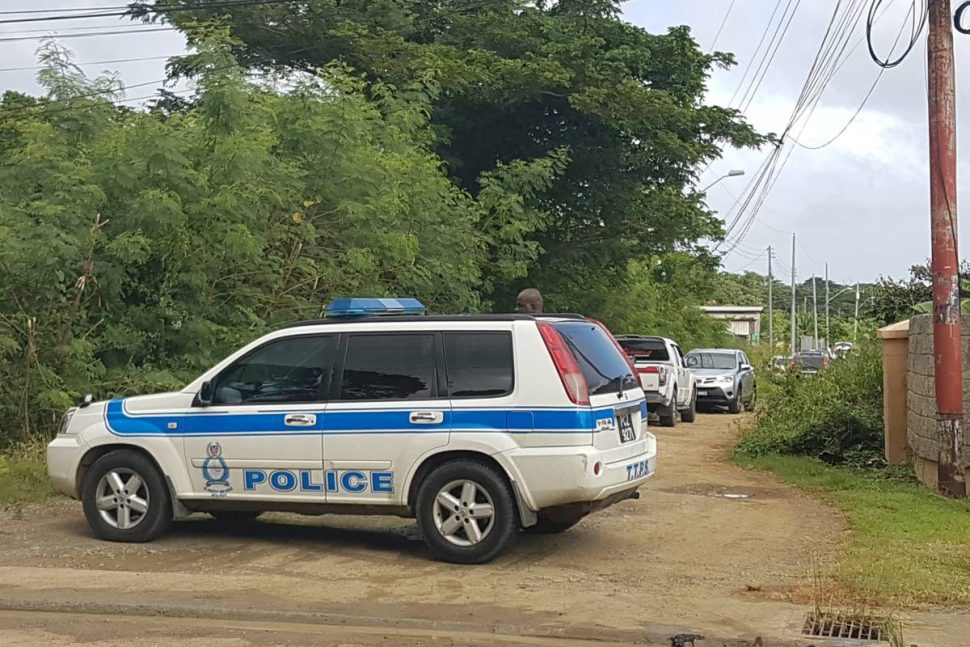(Trinidad Guardian) A deadly gun attack by the jilted former boyfriend of a 19-year-old woman in Penal, before he took his own life, has left the community in shock.
Police said Dillon Bedassie, 24, of South Oropouche, went to the home of his ex-girlfriend Trisha Ragoonathsingh around 3.30 am on Friday where he first fired several shots at the house.
Ragoonathsingh’s brother Jonathan Moore, 17, who was standing outside the house, was shot in the chest and foot during the attack. Bedassie also fired at Ragoonathsingh’s mother when she opened the door after hearing the shots and her son screaming. She was forced to close the door and retreat inside to preserve her own life.
Police said Dillon the shot himself to death on the steps of the house.
Moore was expected to undergo a second surgery yesterday at the San Fernando General Hospital. Police said he was in a stable but serious condition.
When the Sunday Guardian visited Moore’s home yesterday, neighbours said no one has been at the house since Friday night. They said the family recently moved into the area and they had no contact for them.
“That was really shocking, we still traumatised by this whole thing,” said a neighbour, who did not want to be named.
The Sunday Guardian also visited Bedassie’s home but a person on the property said his relatives were not at home.
The story sparked a debate on social media, with some arguing that women put themselves in these situations when they do not choose their men wisely.
Contacted last evening, women’s rights activist and attorney Lynette Seebaran-Suite said she was not aware of the incident, but said victim blame was not helping the situation.
Saying that such statements were unfair to the victim, she said, “A person will not go around demonstrating the signs that they are unstable or they may not be unstable but they may become unstable as a result of the threat to the relationship. It has to do with a more systemic problem.”
She said partners have to be taught how to spot warning signs and how to guard and hide themselves, but they need support. She said proposals put forward by the Equals Opportunity Commission, which she chairs, for the amendment to the Domestic Violence Act to address key issues on the protection of women in such situations involves a multi-faceted approach.
“We have been suggesting a crisis intervention mechanism be put in place so that when there are signs that can be observed by persons around a partner, that the other partner is slipping off the rails, there can be an intervention and make an inquiry as to what is the problem of the rejected partner.”
Seebaran-Suite said a support system was also needed for victims trying to exit an abusive relationship. However, she said the perpetrator and not the victim should be removed from the home. In such a situation, she said measures have to be put in place to ensure the perpetrator does not remain at large and continue to terrorise the victim.
With the new year approaching, Seebaran-Suite also said she looks forward to an improvement in the training of police officers on how to deal with domestic violence at the level of the police administration and academy. She said domestic violence matters also needed to be expedited in the magistrates’ court.
“An improvement in the assignment of magistrates and the punctual attendance of magistrates and pay attention to dealing with domestic violence matters in an expeditious manner,” she said.
She said another issue that has to be looked at is education and prevention.
“What do we teach children from the earliest stages, what they learn at school, what do they learn at home, in their churches, in their social clubs, how to be a man, how to be woman and how to have respectful relationships between men and women.”

